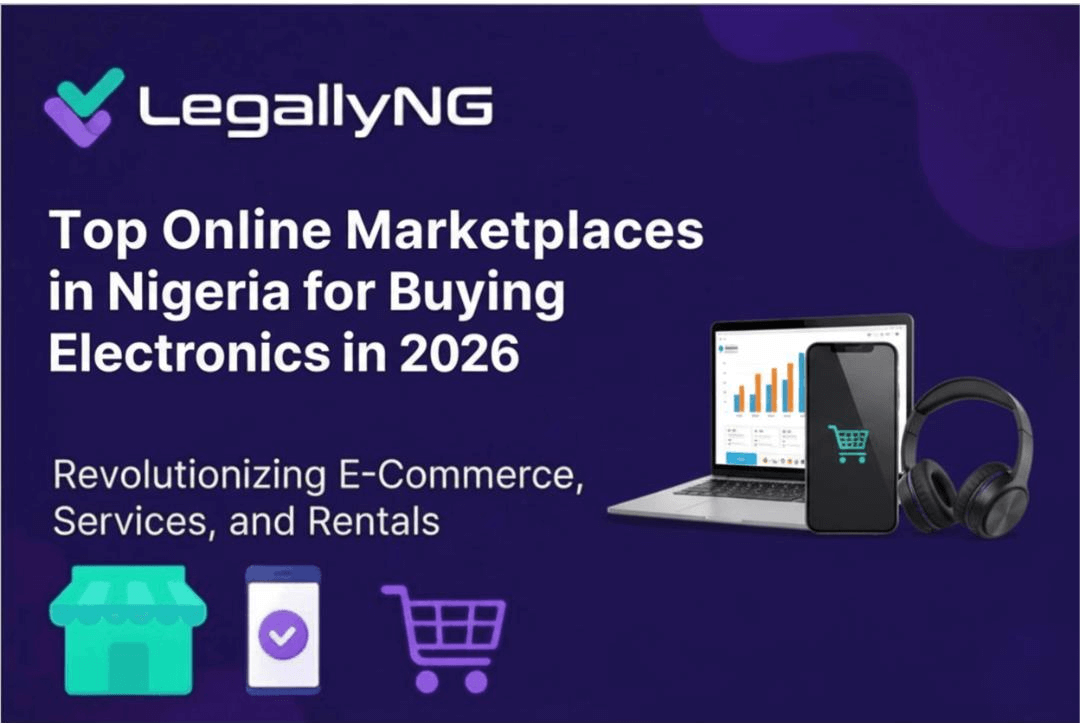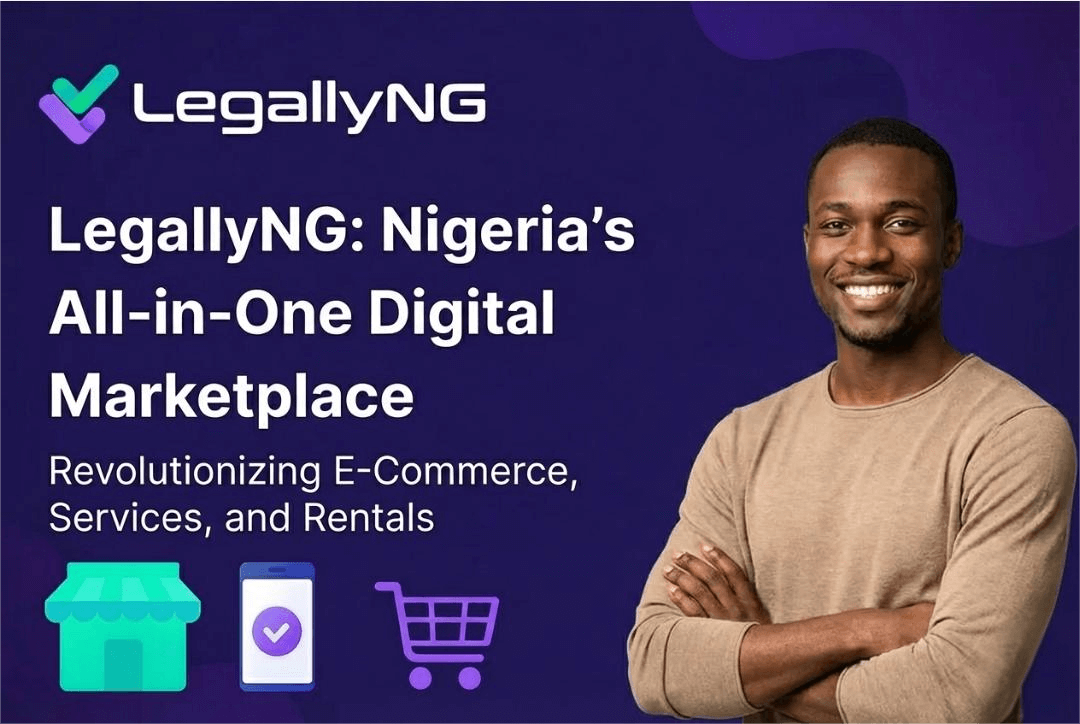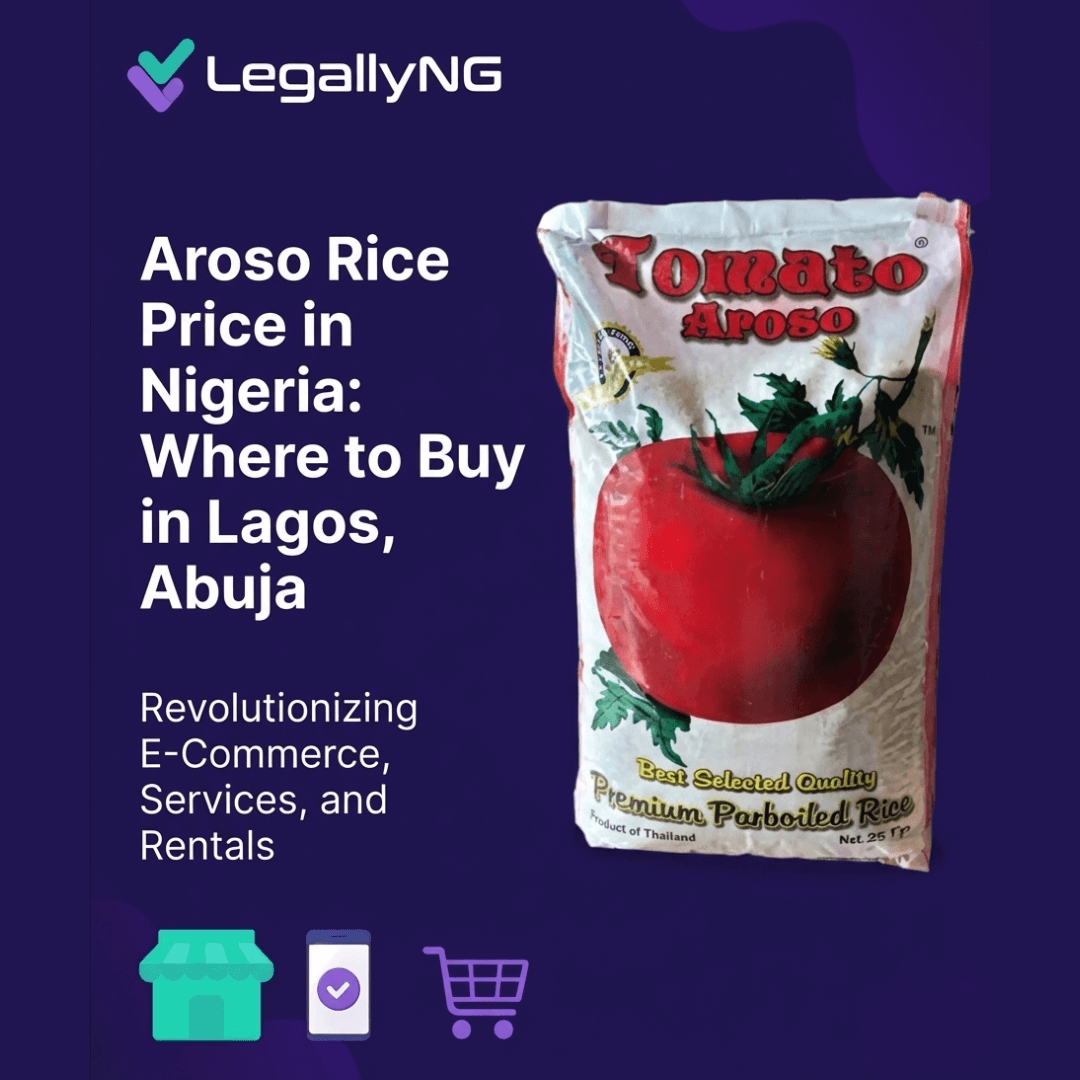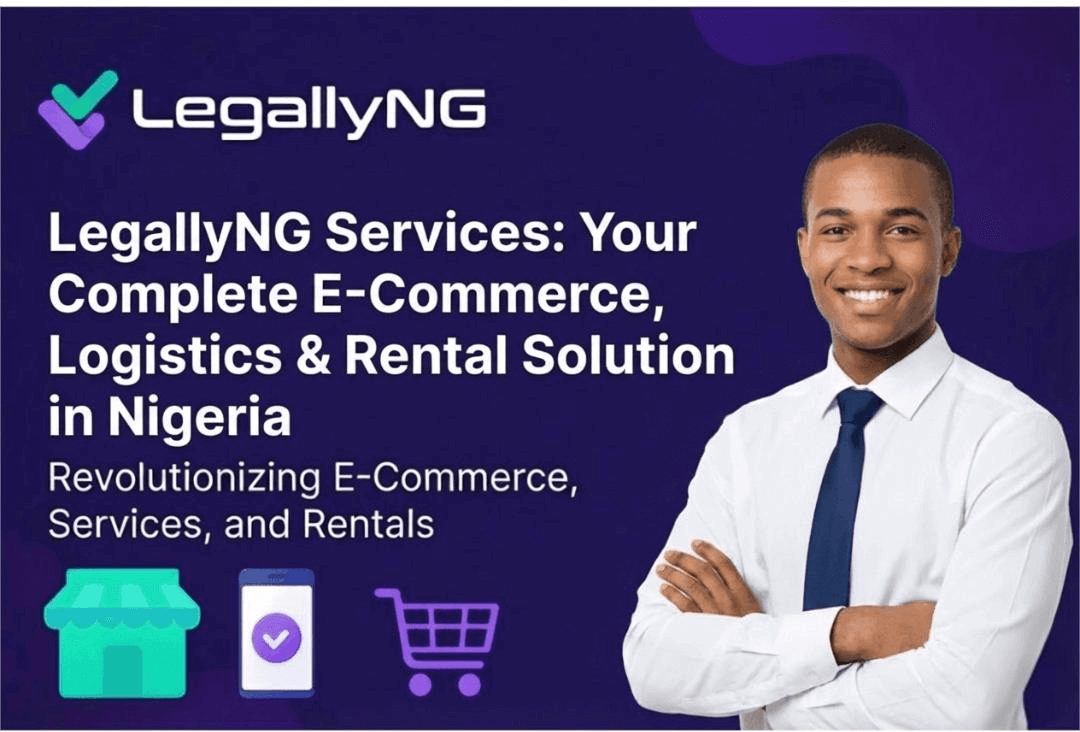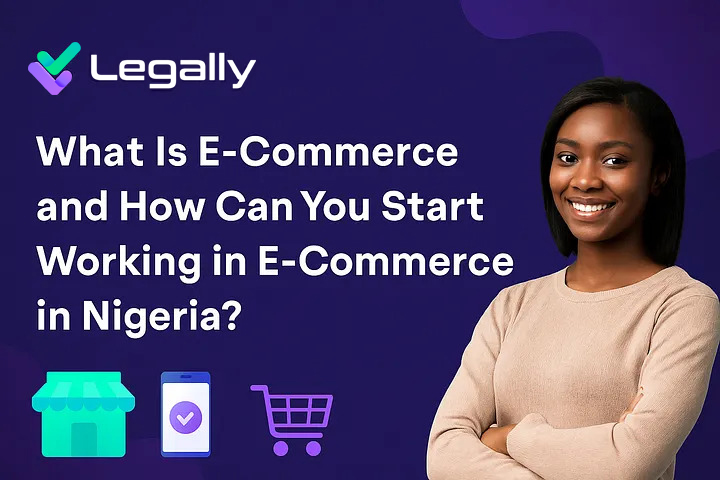
What Is E‑Commerce and How Can You Start Working in E‑Commerce in Nigeria?
E-commerce, in its simplest terms, is like having a shop or offering services online instead of in a physical building. It’s all about buying and selling things, or providing services, using the internet. This can include a wide range of activities, from big online stores where you buy clothes or electronics, to platforms where you can find and hire digital experts, or even just selling handmade crafts from your home.
E-commerce covers everything from businesses selling directly to individual customers (think of buying a new phone online) to businesses selling to other businesses (like a company ordering office supplies from an online wholesaler).

For people in Nigeria today, e-commerce is a really exciting and growing area with lots of possibilities. No matter what you do, whether you sell physical products, promote other people’s products to earn a commission, advise businesses on digital strategies, or offer your own skills as a service, e-commerce gives you the chance to earn more income and grow your business. The key is to approach it with a smart plan and a clear understanding of how it works.

What does e‑commerce mean?
An ecommerce website is a digital storefront where customers can browse, purchase, and often pay for goods or services online. This includes platforms like Jumia, Konga, and modern marketplaces like LegallyNG. These platforms allow users to transact without physical interaction, simplifying operations and expanding reach.
How can I work in e‑commerce in Nigeria?
You can get involved in e‑commerce in several ways:
- Selling on an ecommerce website
You can register as a vendor on platforms like Jumia, Konga, or LegallyNG. Once onboard, you list your products or services, manage inventory, and handle orders. - Working with an ecommerce agency
If you’re skilled in website design, ad campaigns, SEO, or logistics, you can join or start an ecommerce agency that builds and manages ecommerce solutions for businesses. - Becoming an affiliate or sales partner
Many ecommerce platforms offer affiliate programs that pay commissions for referrals. With zero inventory, you can earn by simply promoting products via your channels.

How much can I earn in e‑commerce?
Estimated earnings in e‑commerce vary widely but generally fall into the following ranges for Nigerians:
- Vendor earnings: Depending on your product margin, you can earn between ₦100,000 to millions per month. High-demand product niches perform best.
- Affiliate commissions: Many e‑commerce platforms in Nigeria offer between 5–10% commission per sale. With consistent promotion, you could earn ₦50,000–₦500,000 monthly. LegallyNG also has free training program(s) and earning benefits for affiliates who are also referred to as sales partners.
- Ecommerce agency income: Agencies typically charge ₦150,000–₦500,000+ per project, depending on complexity and scale.

The Business of Building Ecommerce Websites and Agencies
If you have technical or marketing skills, consider offering ecommerce agency services to local businesses:
- Build modern ecommerce websites using platforms like WooCommerce or Shopify
- Manage product uploads, payment integrations, and platform maintenance
- Provide services around SEO, digital advertising, and customer experience
- Support logistics, order fulfilment, and customer support onboarding
This type of full-stack service can distinguish your agency as a reliable partner to emerging digital businesses in Nigeria.

Why LegallyNG Offers a Safer Way Into Digital Commerce
LegallyNG is more than an ecommerce site; it’s a full-service legal-tech marketplace It allows vendors, affiliates, legal professionals, and customers to transact with confidence. Here’s how:
- Provides a secure escrow payment system to protect transactions
- Facilitates contracts, dispute handling, and legal escalation when required
- Supports affiliate referrals and vendor onboarding through transparent commission tracking
- Simplifies freelance and product transactions under one digital roof
Working or selling through LegallyNG combines e‑commerce flexibility with legal peace of mind — a rare advantage in Nigeria’s digital ecosystem.
Step-by-Step: How You Can Start Today
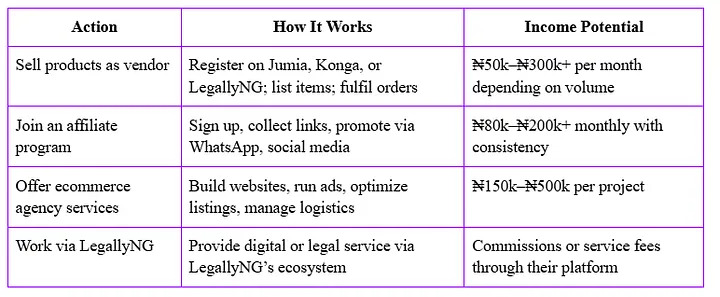
Frequently Asked Questions
Do I need a physical shop?
No. With an ecommerce website or selling through established platforms like legallyNG, you can operate fully online.
Are specific skills necessary?
Skills in digital marketing, basic web design, product sourcing, or customer service can help, but many entry-path (like affiliate marketing) require minimal tech skills.
How long until I earn?
Affiliate income can begin within 4–6 weeks of consistent promotion; vendor income depends on sales volume. Building agency clients may take 1–3 months.
Do I need to pay to start?
No. Affiliate marketing and vendor programs can be started for free. You’ll only invest in optional tools, domain names, or ads as you scale.
Final Thoughts
E‑commerce represents a viable and flexible path to earning in Nigeria; whether you want to sell physical goods, offer digital services, join affiliate programs, or build an ecommerce agency.
For anyone starting with limited funds, affiliate marketing through platforms like LegallyNG offers a risk-free path to income. For those with skills in digital strategy or design, launching or joining an ecommerce agency provides higher upside.
By focusing on legitimate platforms, choosing clear niches, and consistently promoting, you can make a substantial income from e‑commerce even in Nigeria’s developing market.
Latest Blogs
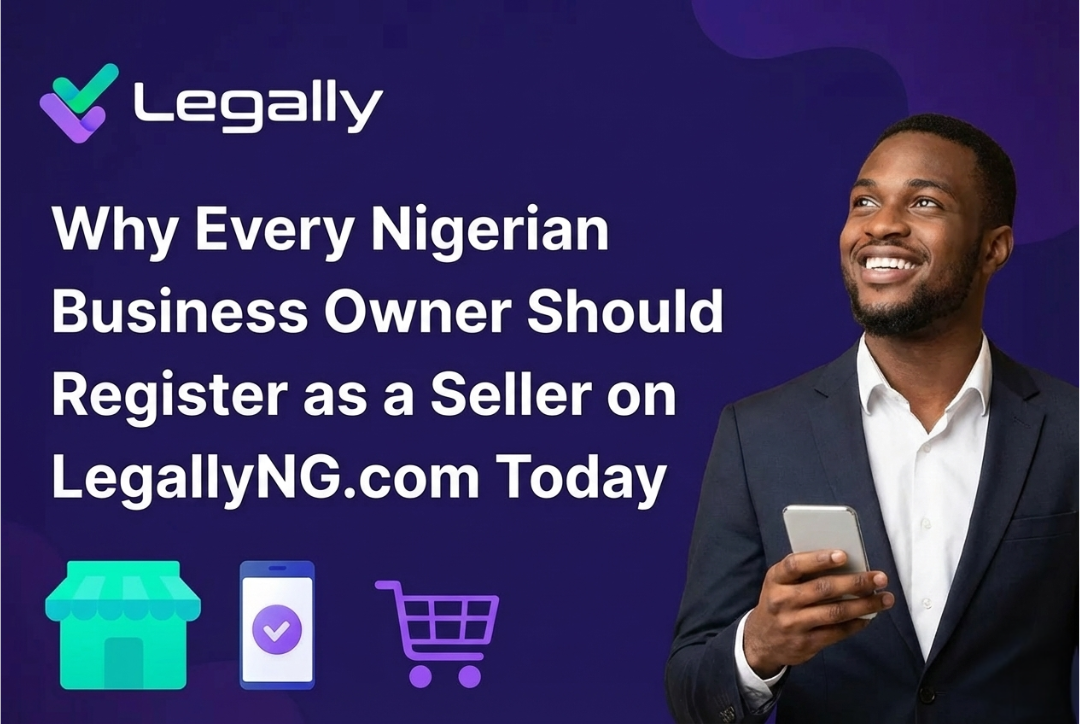
Why Every Nigerian Business Owner Should Register as a Seller on LegallyNG Today
